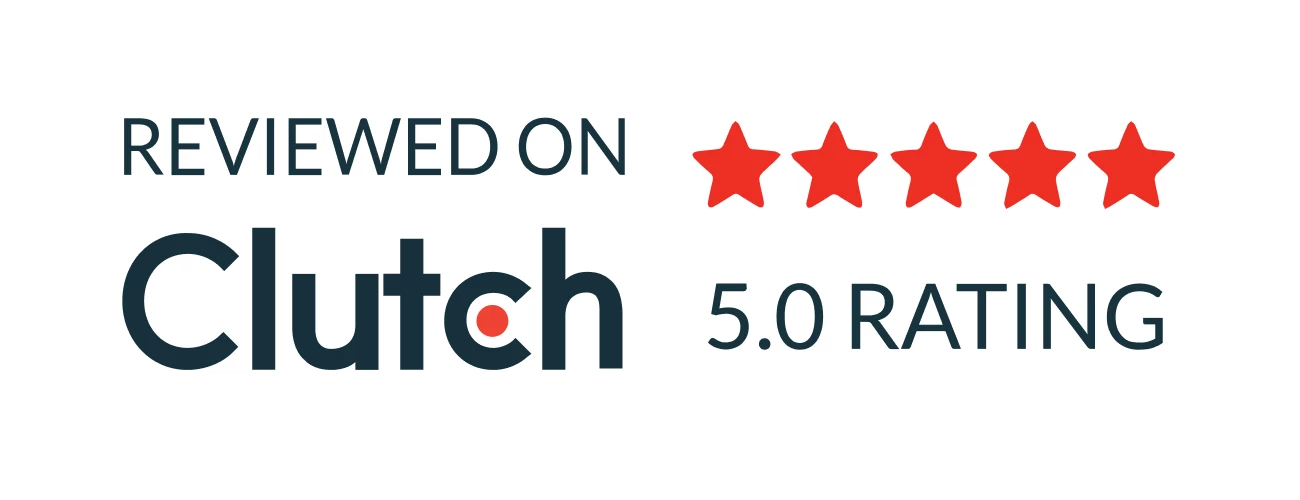When it comes to building a website that supports your business goals, the CMS (Content Management System) you choose can significantly influence scalability, performance, and ongoing costs. At Flashyminds, we often get this question from our clients: “Should we go with WordPress or invest in a custom CMS?” Both options have their merits but the right choice depends entirely on your unique business requirements. This guide unpacks everything you need to know, comparing features, flexibility, costs, and long-term benefits.
Understanding the Basics: What Is a CMS?
A Content Management System is a software application that allows users to create, manage, and modify digital content without needing deep technical skills. WordPress is the most widely-used CMS platform globally, powering over 40% of websites. A custom CMS, on the other hand, is a tailor-made solution developed specifically for your project, often from the ground up.
While WordPress offers convenience, extensive themes, and plugins, custom CMS platforms offer complete control over functionalities and integrations. This foundational difference plays a crucial role in determining scalability, user experience, and backend efficiency.
Related: What Is Web Development? A Beginner’s Guide for Business Owners
Why WordPress Works for Many Businesses
WordPress is widely popular for a reason—it’s user-friendly, flexible, and supported by a vast community. For small to medium businesses, startups, and even some enterprise-level operations, WordPress offers a fast and affordable path to a digital presence. It includes built-in blogging, SEO-friendly tools, and integrations with ecommerce platforms like WooCommerce.
For many of our clients at Flashyminds, WordPress enables rapid deployment with a reasonable learning curve. Our CMS Web Development Services often utilize WordPress when time-to-market is a priority. With thousands of themes and plugins available, customization is relatively simple without needing heavy coding.
Related: Web Development Services: A Complete Guide For 2025
The Custom CMS Route: Total Control and Performance
For businesses with very specific operational workflows, security concerns, or performance expectations, a custom CMS offers advantages WordPress simply can’t match. From ecommerce portals that require intricate user flows to enterprise applications needing bespoke dashboards, custom CMS solutions are designed around your exact needs.
At Flashyminds, we’ve helped multiple clients scale through our Web App Development Services and UI/UX Design Services, building custom CMS solutions that support advanced user roles, multilingual content, third-party integrations, and API-first architecture. Custom CMS platforms are also typically leaner and faster, as they don’t carry the bloat of unused plugins or generic features.
Related: Types of Web Development Services: Frontend, Backend & Full Stack
Cost Considerations: Upfront vs Long-Term Investment
One of the key differences between WordPress and custom CMS development is cost. WordPress has a lower barrier to entry—you can launch a site with minimal upfront investment. However, as your needs grow, plugin compatibility issues, performance bottlenecks, and security vulnerabilities can increase maintenance costs.
Custom CMS projects, while more expensive initially, can result in long-term savings by eliminating third-party dependency, reducing plugin conflicts, and providing performance optimized for your business logic. Our Web Maintenance & Support team also finds custom-built platforms easier to troubleshoot and scale in the long run.
Related: Ongoing Website Maintenance That Drives Results
Customization & Flexibility: How Much Control Do You Need?
If your site is more than a brochure say it involves user dashboards, dynamic product catalogs, or booking systems flexibility becomes essential. WordPress is customizable, but to an extent. Heavy customization often leads to plugin overload or complex codebase management, which can compromise speed and security.
Custom CMS solutions offer 100% control over every component. This flexibility ensures that everything from the admin panel to frontend layouts is purpose-built. For businesses that require advanced integrations or niche functionality, our Ecommerce Development Services and CMS Web Development Services teams often recommend going the custom route.
Related: Checklist: What You Need Before Starting a Web Project
Security & Updates: Protecting Your Business Data
Security is critical for all websites, especially for industries like healthcare, finance, and ecommerce. WordPress’s popularity makes it a frequent target for hackers, and many vulnerabilities come from outdated plugins or themes. Regular updates are necessary but can sometimes break your site due to plugin conflicts.
With a custom CMS, you get a security architecture tailored to your specific risks. Fewer dependencies mean fewer attack vectors. Our team at Flashyminds includes regular vulnerability assessments and patch management as part of our Web Maintenance & Support packages.
Related: FAQs About Our Web Development Services
SEO, Speed & Performance: Winning in Search and UX
Out-of-the-box, WordPress does offer decent SEO features, but site speed and technical optimization often depend on the quality of plugins used. In contrast, custom CMS platforms allow deep control over every performance metric—from server response time to lazy-loading assets.
With SEO becoming increasingly technical, our Website Design and UI/UX Design Services teams build custom CMS sites that include schema markup, AMP support, and mobile-first layouts from the start. This ensures better crawlability, faster load times, and higher engagement.
Related: Top 10 Reasons Your Website Might Be Hurting Your Business
Scalability & Future Growth: Thinking Beyond the Launch
Will your CMS still serve you two years down the line? For businesses anticipating rapid growth or feature expansion, scalability is key. WordPress can scale with the right setup, but it often requires caching plugins, CDNs, and other workarounds.
With a custom CMS, you have a system built from the ground up with your growth in mind. Whether you’re planning to add mobile apps, AI-based personalization, or complex analytics, a custom-built solution gives you a stronger foundation.
Related: Timeline: How Long Does a Website Project Really Take?
The Verdict: Which One Should You Choose?
There’s no one-size-fits-all answer. WordPress is ideal if you need something quick, cost-effective, and flexible within standard boundaries. It’s also great for content-driven websites, blogs, and small to medium ecommerce stores.
However, if your business has unique workflows, prioritizes performance and security, or expects to scale aggressively, a custom CMS might be the better investment. At Flashyminds, we help clients assess their real needs before recommending any tech stack.
Related: Do You Need a Web Developer or a Website Builder?
Final Thoughts: Talk to the Experts Before You Decide
Choosing between WordPress and a custom CMS isn’t just a tech decision it’s a strategic business choice. At Flashyminds, our discovery phase includes business analysis, competitor benchmarking, and platform evaluation to guide you in the right direction.
Whether you go with CMS Web Development Services, Web App Development Services, or need ongoing Web Maintenance & Support, we’ll ensure your platform is built to perform, grow, and deliver measurable results.










